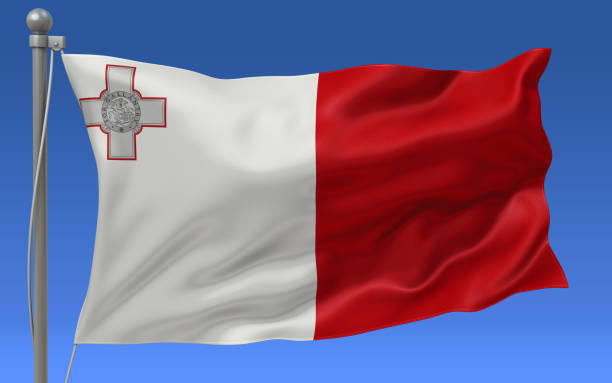Malta, an island country in the Mediterranean Sea, provides several chances for freelancing and self-employment. Malta has a reputation for being a desirable location for freelancers and self-employed because of its advantageous tax advantages, expanding digital economy, and English-speaking populace. We’ll dig into the numerous freelancing and self-employment opportunities open to foreign nationals in Malta in this answer.

Digital nomadism and remote employment
Working remotely as a freelancer or digital nomad is one of the possibilities that are most accessible to expats. Malta offers an atmosphere that is suitable for remote work, with dependable internet access and a solid digital infrastructure. You may work from anywhere in the world as a digital nomad and provide services like web development, graphic design, content writing, digital marketing, translation, and many more. While you make use of Malta’s advantages, platforms like Upwork, Freelancer, and Fiverr may assist you in finding customers throughout the world.
IT industry
Malta’s information technology (IT) industry has grown significantly in recent years. To attract foreign investment and support an entrepreneurial environment, the government has aggressively encouraged this sector. To explore self-employment prospects, expats with knowledge in software development, cybersecurity, blockchain, artificial intelligence, or data science may either launch their own tech-focused companies or work as independent consultants.
Hospitality and tourism
Malta has several chances in the travel and hospitality industries as a well-liked vacation spot. Expats may want to think about opening boutique hotels, bed & breakfasts, or guesthouses. The fields of tour leading, event organizing, travel journalism, photography, and internet travel firms can provide freelancing employment. For individuals wishing to work in this field, the nation’s rich cultural history and scenic places provide plenty of inspiration.
Media and creative industries
Freelance opportunities are available because of Malta’s thriving media and creative sectors. Opportunities abound in industries including advertising, graphic design, photography, content development, and the production of movies and television shows. Malta is home to many film production businesses that draw foreign productions. Expats with creative abilities and expertise might discover self-employment options by working with foreign clientele or providing their services to local enterprises.
Teaching and translating languages
Given that Malta is a bilingual country (Maltese and English), there is a need for translation and English language instruction services. English-speaking expats may want to launch language schools or provide individual coaching. Additionally, there is a need for translation and interpretation services, notably in the corporate, medical, and legal fields. Creating a network with nearby companies and organizations might help you attract a regular flow of customers.
E-business and online shopping
Establishing an online retail company in Malta may be a realistic alternative for expats given the growth of e-commerce. It might be profitable to launch an online shop, engage in drop shipping, or provide specialized goods and services. Being headquartered in Malta and running an internet company allows you to service clients all over the world.
How to set up a freelancing account in Malta
In Malta, signing up to work as a freelancer is quick and simple. This is accomplished by visiting the JobPlus local employment center. You may get the appropriate tax return forms here for either full- or part-time self-employment. If your firm grows over time, you may also recruit staff after you obtain a social security number, often known as an EP. The form for obtaining a social security number is available on the Commissioner for Revenue website under the section for small enterprises. You should get that if you require one to operate as a freelancer in Malta. Under the heading of income taxes, there is a listing for the sole proprietor form. Simply download the form and adhere to the instructions. You may use the supplied address. One of the main benefits of working as a freelancer in Malta is the little paperwork needed.
Conclusion
While Malta provides ideal circumstances for independent contractors and self-employed people, it is recommended to get acquainted with the regional laws, tax duties, and legal requirements for operating a company. Compliance with Maltese regulations may be ensured by consulting a local accountant or getting expert counsel. Overall, Malta offers a variety of alternatives for foreign nationals to seek self-employment and freelancing. The nation’s welcoming climate, expanding sectors, and alluring lifestyle make it an alluring location for expat entrepreneurs, whether you decide to work remotely or start your firm.
You may also find these articles helpful
Best coworking spaces in Malta for digital nomads
Getting an employment visa; Work permit in Malta
Malta through the eyes of investors



